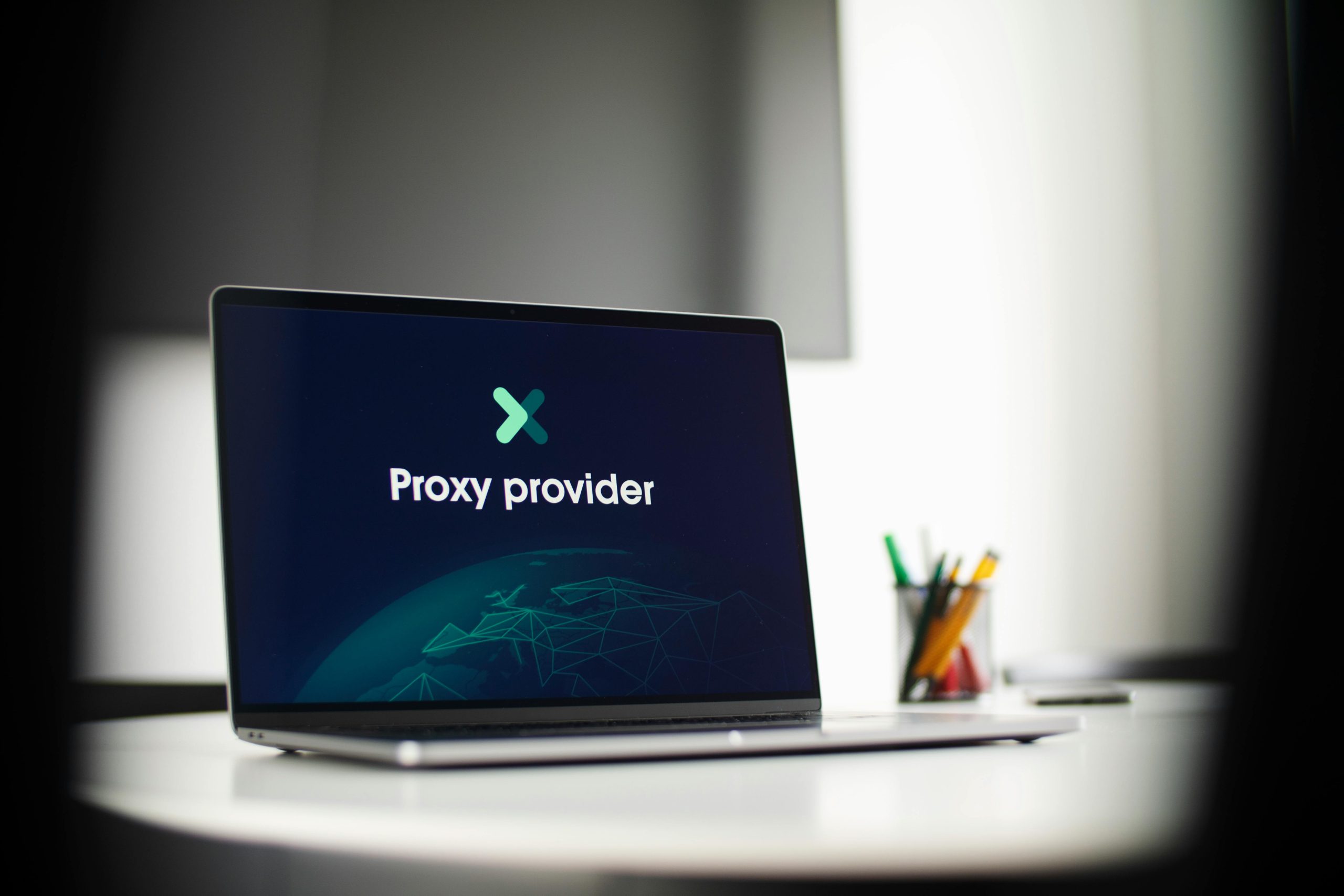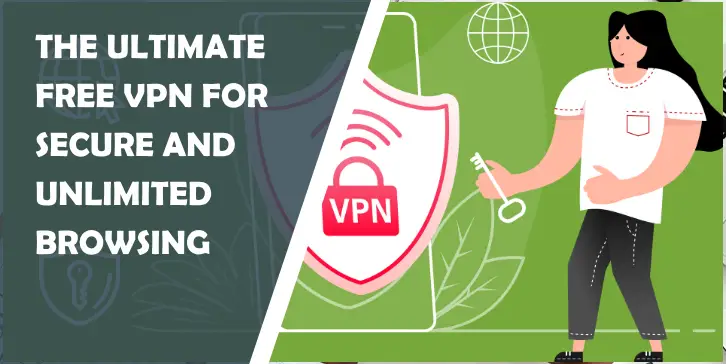In today’s data-driven world, proxy servers play a silent yet essential role across industries. From marketers running large-scale SEO campaigns to cybersecurity analysts and developers scraping millions of web pages, proxies are the backbone of modern internet operations.
This article explores how proxy servers function, the differences between proxies and VPNs, the main types of proxies, and real-world use cases — from online anonymity to automated data collection.
What Is a Proxy Server?
A proxy server is an intermediary that sits between your device and the internet. When you make a request (e.g., visiting a website), the proxy forwards that request on your behalf and then returns the website’s response to you.
This setup masks your real IP address, offering both anonymity and greater control over your traffic.
Key Functions of a Proxy:
-
IP masking – hides your location and device identity.
-
Traffic filtering – allows blocking or allowing specific requests.
-
Caching – speeds up repeated access to web resources.
-
Bypassing restrictions – helps access geo-restricted or blocked content.
Proxy vs VPN: What’s the Difference?
Although proxies and VPNs (Virtual Private Networks) both help users stay anonymous, they are different in how they operate and what they’re best used for.
| Feature | Proxy Server | VPN |
|---|---|---|
| Encryption | No (unless manually added) | Yes (full traffic encryption) |
| Speed | High (low overhead) | Moderate (due to encryption) |
| IP Masking | Yes | Yes |
| App or System-Wide | App-specific (browser, scraper) | Entire system |
| Ideal For | Web scraping, SEO, testing | Secure browsing, public Wi-Fi, anonymity |
If you need speed and IP control, proxies are the go-to solution. For full security and privacy, VPNs are preferred.

Types of Proxy Servers
Choosing the right type of proxy depends on your goals — speed, stealth, location targeting, or all of the above.
1. Residential Proxies
Use IPs assigned to actual households by ISPs. These are harder to detect and ideal for:
-
Web scraping
-
Ad verification
-
Market research
2. Datacenter Proxies
Fast and scalable, but easier to detect. Great for:
-
High-volume tasks
-
Non-sensitive scraping
-
Performance testing
3. Rotating Proxies
Automatically switch IPs per request or period, preventing IP bans.
4. Mobile Proxies
Use IPs from mobile networks. Excellent for ad testing and apps behaving differently on mobile vs desktop.
5. SOCKS5 Proxies
Work on a lower level than HTTP/HTTPS, supporting all types of traffic. Suitable for:
-
Streaming
-
Torrents
-
Complex networking setups
How Proxy Servers Are Used in the Real World
Proxy usage spans a wide range of industries and technical applications.
1. Web Scraping
Whether you’re collecting data from e-commerce sites, travel aggregators, or social platforms, proxies are vital. A web scraping proxy helps avoid IP blocks, ensures access to geo-restricted data, and distributes requests across multiple IPs for efficiency and stealth.
2. SEO Monitoring
SEO professionals use proxies to:
-
Track keyword rankings from different countries
-
Monitor competitors anonymously
-
Simulate organic traffic from specific geolocations
Without proxies, search engines may block or distort your results due to too many automated requests.
3. Ad Verification
Digital advertisers use proxies to test how ads appear in different regions and to detect fraud, ensuring that real users see their ads.
4. Cybersecurity and Penetration Testing
Cybersecurity teams rely on proxies to simulate user behavior from various networks, test security layers, or access systems as part of ethical hacking audits.
5. Social Media Management
Managing multiple accounts on platforms like Instagram or TikTok? Proxies let each account operate under a unique IP to avoid bans or suspicion.
Proxy Servers and Online Anonymity
Online privacy is under constant threat from ISPs, governments, ad trackers, and cybercriminals. Proxies help reclaim control by masking your IP and separating your real identity from your digital footprint.
They’re often used in combination with:
-
Privacy-first browsers (Brave, Tor)
-
Incognito modes
-
Cookie blockers and script blockers
While proxies alone won’t encrypt data like a VPN, they provide a lightweight layer of anonymity that’s often enough for tasks like browsing or light scraping.
Enhancing Cybersecurity with Proxies
Proxy servers are widely used to secure internal systems and protect against threats.
Benefits of Cybersecurity:
-
Traffic Filtering: Detect and block malicious or untrusted traffic before it hits your infrastructure.
-
Access Control: Only approved users or apps can access specific services via a proxy.
-
Network Segmentation: Control lateral movement across internal networks.
-
Anomaly Detection: Proxies log traffic patterns that can indicate bot activity or attacks.
SEO Tools That Rely on Proxies
Modern SEO tools wouldn’t exist without proxy infrastructure. Here’s how they integrate proxies:
| SEO Tool Type | Why It Needs Proxies |
|---|---|
| Rank Trackers | Query Google from various countries/IPs |
| Keyword Tools | Pull SERP data without being blocked |
| Site Auditors | Crawl large sites without restrictions |
| Competitor Analysis | Check backlinks, PPC ads, content strategies |
Without proxies, Google or Bing would detect suspicious activity and throttle the connection.
How to Choose a Reliable Proxy Provider
When choosing a provider, consider the following criteria:
- IP Pool Size: More IPs = better rotation and lower detection risk.
- Speed & Uptime: Critical for automation or real-time apps.
- Location Targeting: Needed for geo-specific data or SEO testing.
- Support & API Access: Essential for scaling scraping tools.
-
Legitimacy & Compliance: Avoid services that source IPs unethically.
Avoid “free proxies” unless you’re testing. They’re often slow, unsafe, or even malicious.

Legal & Ethical Use of Proxies
Proxy use is legal in most countries, but ethical and legal boundaries still apply.
Legal Considerations:
-
Check Terms of Service: Many websites prohibit automated scraping.
-
Data Privacy: GDPR, CCPA, and other laws protect personal data.
-
Intellectual Property: Avoid scraping content protected by copyright.
Pro tip: Always log your proxy activity and set usage rules in your application code to avoid accidental abuse.
Final Thoughts
Proxy servers are not just technical tools — they are enablers of entire industries. From scraping billions of data points to auditing global search rankings, they make the modern internet work behind the scenes.
Whether you’re a developer, marketer, or cybersecurity analyst, understanding and using proxies the right way can give you a major competitive edge, both in visibility and performance.




